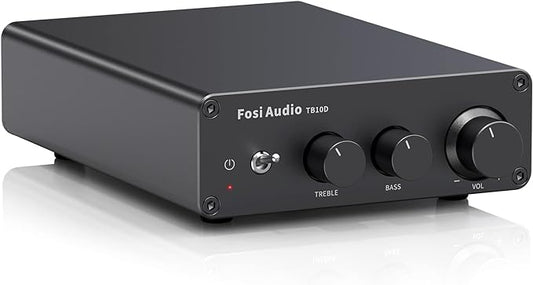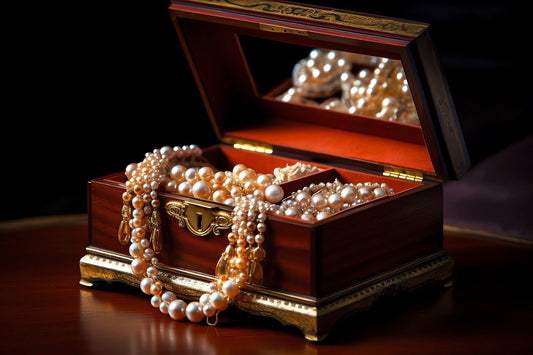When done correctly mastering, recording, and mixing are more art than technique. Just ask our own Gus Skinas.
And the art is in the listening (perhaps nothing too surprising to us audiophiles).
Another master of the arts is our good friend Cookie Marenco of Blue Coast. She, like Gus, and everyone at Octave Records relies upon listening and DSD to get the results she wants.
We need more people like Gus, Cookie, Bernie Grundman (click here to hear my interview with Bernie), and Chad Kassam of Acoustic Sounds.
Recently, Cookie posted the following on our forums. I think it’s worth sharing.
“I watched a recent interview between the great mastering engineer Bernie Grundman and Chad Kassem on youtube. At one point Bernie says something like this, “There are things you can’t measure and only hear when it comes to sound.” Bernie was my mentor who I learned from. He tested gear and had modifications made until it suited his tastes in sound.
I will say that not every well known mastering engineer goes to the lengths Bernie does. Many don’t hear the difference between FLAC and WAV of the same file. Some mastering engineers won’t do a listening test for it, either. As Bernie also says, the ‘math’ isn’t as good as the ‘ears’. Which I agree with. This is a business of ‘ears’ and hearing sound.
If you play the same file using Roon, Audiogate, JRiver, etc… it will not sound the same. If you change DACs, that same file won’t sound the same. If you use different analog channels to run the sound through, those analog channels won’t sound the same with the same file. Filters, components of gear, chips… you name it… all make a slight difference in sound. This certainly keeps reviewers busy.
In developing the SEA process, we tested hundreds of combinations of devices and software until we arrived at our current setup. Those slight differences in playback of each component is what highlights or diminishes certain qualities of sound we are looking for in our SEA process.
The differences we are making in our SEA remastering process are very, very small and very difficult to hear unless you’re experienced with doing blindfold tests. The choices we make for playback DACs for the source music and the analog channels we choose for adjustments in gain were tested and chosen over a period of a year before we finalized our processes. Our systems don’t work on all music but on 90%, we think we can make a difference for those wanting to hear their music in DSD.
Again, mastering is an art form of small details that most people don’t care much about. Bernie is a master, but there were times that I didn’t always agree with his choices… and that’s okay. These are very very small differences. Most of the time I agree with Bernie when I worked with him. The only way to really experience these sonic choices in mastering is to attend a mastering session with a high caliber engineer.
We will be offering a DSD mastering workshop soon. We haven’t settled on the final topic, but if you’re interested to learn more, ask questions, hear the files (remotely, we’ll send out later), please fill out the form for our waiting list.
https://forms.gle/4sq9hgFJBKcKpepAA
Thanks to the few that make this a wonderful and generous industry to be associated with.









